The introduction of a unified visa by the Gulf Cooperation Council highlights the ability of the region to think out of the box and is in sync with the aims of several countries within the bloc to reduce dependence upon oil and to promote Soft Power.
A unified tourist visa for the Gulf Cooperation Council (GCC) has recently been approved. The unified visa, referred to as the “GCC Grand tours visa”, will enable tourists to travel to the region’s six countries- the UAE, Saudi Arabia, Bahrain, Qatar, Oman, and Kuwait. The visa, which was to be rolled out earlier, is now likely to be rolled out later in 2025. This visa for a seamless Gulf travel experience will be along the lines of the Schengen Visa. It would be pertinent to mention here that in the ASEAN region, six countries -Thailand, Cambodia, Laos, Malaysia, Vietnam, and Myanmar are also proposing a similar initiative by the name of “6 countries one destination”.
While commenting on the unified tourist visa, the UAE Minister of Economy Abdulla bin Touq Al Marri said, ‘The single (GCC) tourist visa has been approved and is waiting now to be implemented, hopefully, soon.’
The UAE Minister had first announced the unified tourist visa last year, during the opening of the annual travel and tourism event held at the Arabian Travel Market (ATM). While referring to this proposal, he said, ‘In a significant move to simplify travel logistics and support tourism, the Gulf Cooperation Council has given the green light for a unified tourist visa that will allow travellers to visit all six countries.’
In 2024, the GCC received 68.1 million tourists. There is no doubt that the UAE, in general and Dubai in particular, is the most preferred tourist destination in the GCC. In the first four months of 2025, Dubai received over 7 million tourists.
Apart from being an important global economic hub (not just of the Middle East), Dubai also has been hosting important sports events and has become a favoured destination for tourists (especially from India, Russia, China, and Saudi Arabia). It would also be pertinent to point out that the UAE was amongst the first countries to remove COVID-related travel restrictions in 2021 (one of the key factors for the same was the Dubai Expo 2020).
Also Read: From London to Dubai: How Immigration Changes Are Redirecting Student Flows
Other countries in the GCC are likewise witnessing a significant rise in tourist arrivals. Some of the other popular destinations in GCC are Oman, Qatar, and Saudi Arabia (in 2024, Saudi Arabia had welcomed 30 million foreign tourists).
This new arrangement will make it easier for tourists to cover more countries in the GCC region. The GCC region is a natural destination for Indian tourists, owing not only to employment opportunities but also to its close geographic proximity and strong people-to-people ties.
Economic contribution of tourism to the GCC economy
Tourism is a major contributor to the GCC economy and serves as an important source of employment generation. Significantly, in 2023, there was an over 40% (42.8%) increase in tourist arrivals to the GCC as compared to pre-pandemic levels in 2019. The region earned well over $100 billion (110.4) as tourism revenues in 2023.
The GCC has set an ambitious goal of generating $188 billion in tourism revenues by 2030. Countries in the region are now focusing on attracting tourists who want to combine business with leisure. The unified visa could play an important role in attracting this category of tourists. It is not just the UAE, but other countries are also investing heavily in tourism. Saudi Arabia, aiming to attract 150 million tourists by 2030, has made substantial investments in tourism—flagship projects like NEOM and the Red Sea Project strongly underscore this commitment.
Apart from the economic dimension, a growth in tourism will also give a boost to the Soft Power of the region. Several GCC countries – especially Saudi Arabia, UAE and Qatar- have been focusing on strengthening their ‘Soft Power’. These efforts are beginning to bear fruit as the Soft Power rankings of the above countries have improved significantly.
In conclusion, the new initiative of the GCC is likely to give a boost to the region’s tourism. It also highlights the ability of the GCC region to think out of the box and is in sync with the aims of several countries within the bloc to reduce dependence upon oil and to promote ‘Soft Power’ as has been mentioned earlier.
At a time when certain countries are becoming more insular and less open even vis-à-vis tourists, the introduction of a unified visa by the GCC sends a strong message. It remains to be seen whether some countries within ASEAN can also agree on a similar arrangement, which is under discussion.
Disclaimer: The views expressed in this article are of the author solely. TheRise.co.in neither endorses nor is responsible for them. Reproducing this content without permission is prohibited.
About the author
Tridivesh Singh Maini is a New Delhi-based Policy Analyst. He is faculty member of OP Jindal Global University, Sonepat, Haryana.



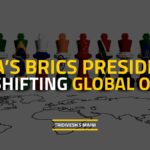

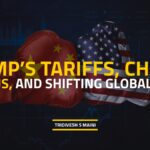








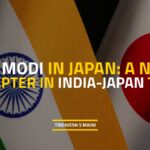









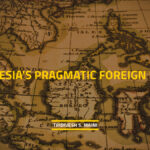

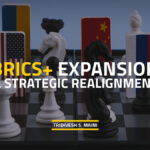



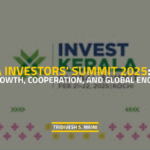

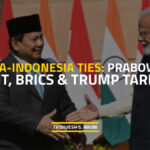



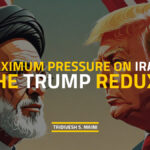

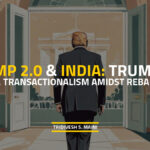
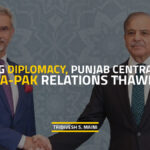





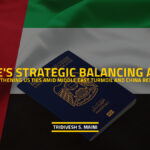
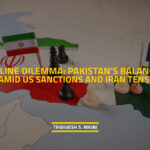
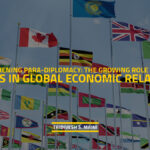

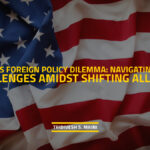
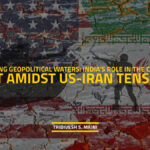
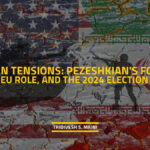



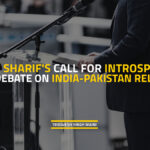



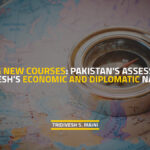


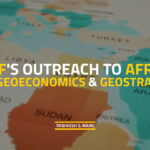



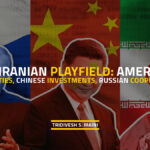

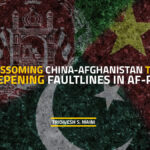

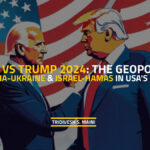

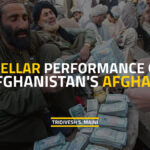


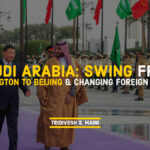

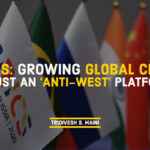

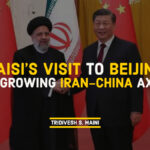
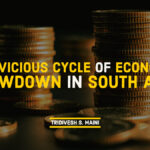





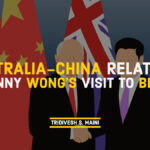
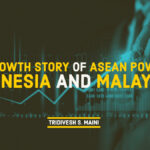


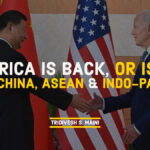

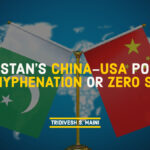
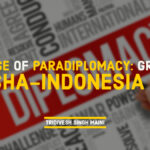

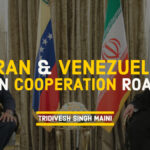


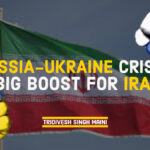

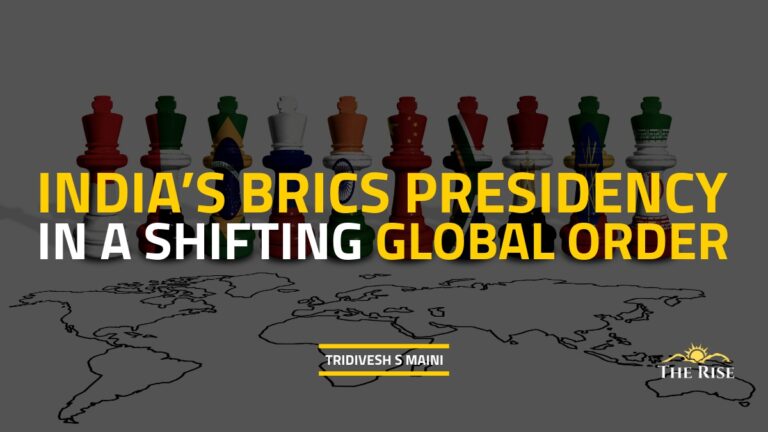


Pingback: Singapore-China Diplomatic Spotlight - TheRise.co.in